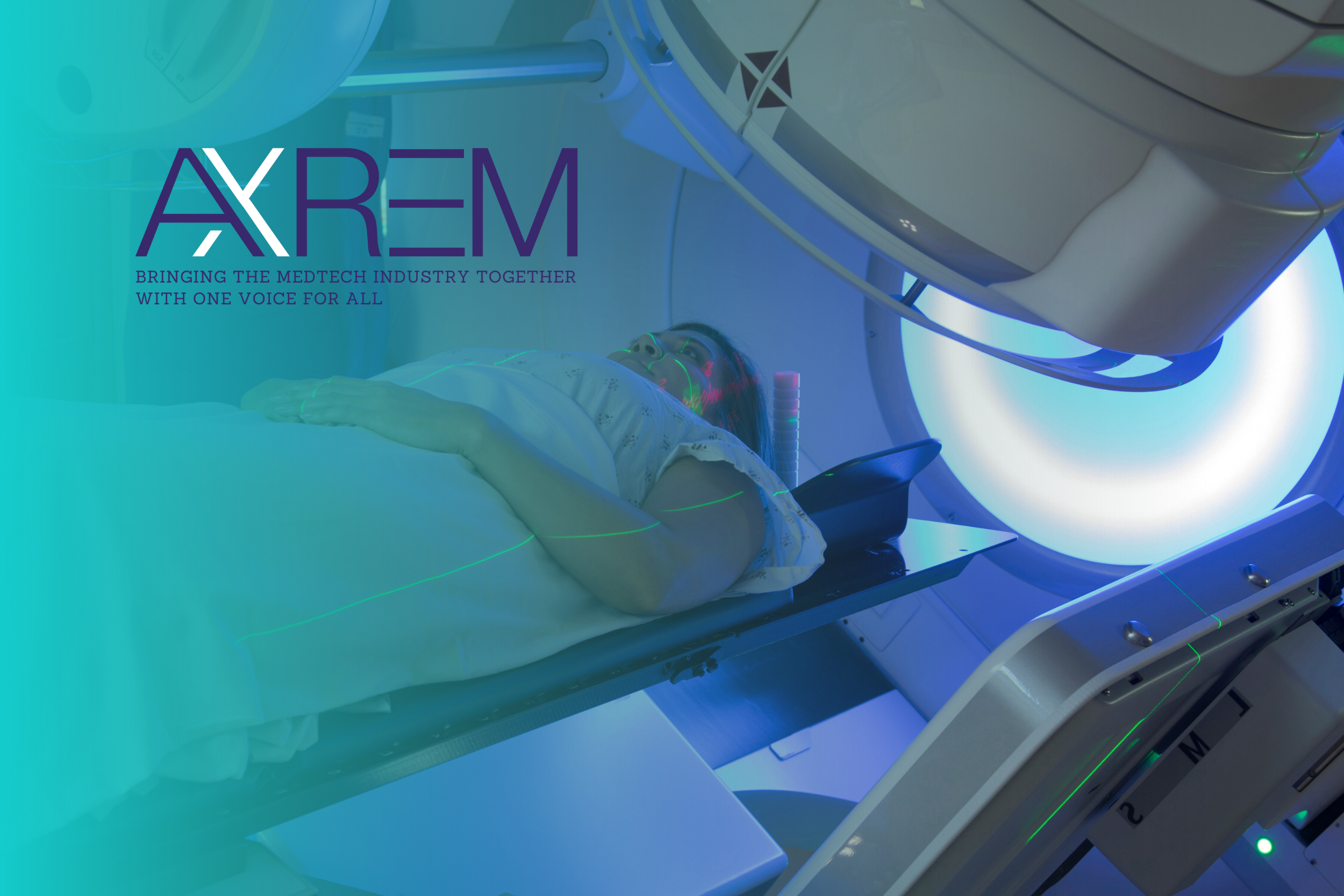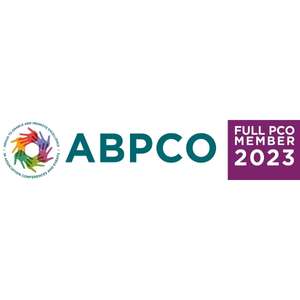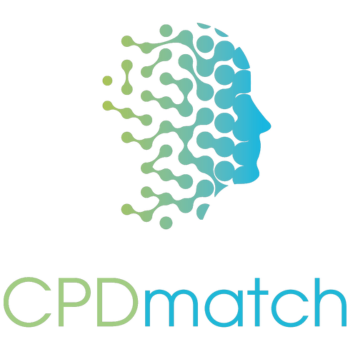
We’re looking forward to taking part in this year’s NHS Patient Flow Summit. It’s an invaluable opportunity to connect with like-minded professionals who are passionate about transforming patient care and improving outcomes across the system. The summit provides a platform not only for sharing innovations but also for learning from others who are navigating similar challenges in their local contexts.
In our session, we’ll be exploring a collaborative intervention between physiotherapy and psychology aimed at improving outcomes for patients with dementia and cognitive impairment within a community hospital setting. This work was driven by a high rate of discharges to care homes for patients with cognitive impairment, which contributed to prolonged hospital stays, increased deconditioning, and reduced patient motivation. Between September 2022 and September 2023, 22.5% of admitted patients (n=546) had cognitive impairment, and nearly 99% were discharged to care homes.
Our goal was to reduce this rate by 25% through a “Home First” approach—supporting patients to return home with appropriate care packages, ensuring timely and safe discharges, and enhancing rehabilitation in familiar environments. The intervention was guided by the COM-B model to improve patient engagement with rehabilitation and was implemented using phased pilot programs and Plan-Do-Study-Act (PDSA) cycles.
Key interventions included:
- Staff education to improve understanding of cognitive impairment and its impact on rehabilitation.
- Engaging activity packs for patients, offering guidance on home safety, nutrition, and local resources.
- Group-based physical therapy combined with elements of Cognitive Stimulation Therapy (CST), designed to enhance both physical and cognitive abilities while encouraging social interaction.
These efforts were co-produced with staff, patients, and caregivers, whose feedback was actively sought and used to tailor therapy to individual needs. This patient-centred approach empowered individuals to take an active role in their rehabilitation and helped staff rethink traditional discharge pathways.
The importance of this work cannot be overstated. With more people in the UK now aged over 60 than under 18—and dementia affecting someone every three minutes—addressing the needs of older adults with cognitive impairment is one of the most urgent challenges facing the NHS. Persistent inequalities in physical and mental health in later life further underscore the need for innovative, inclusive, and outcome-driven care models.
Our project has demonstrated that care homes do not have to be the default discharge destination for patients with cognitive impairment. By combining psychological and physiotherapy approaches, we’ve shown that it’s possible to deliver meaningful, person-centred rehabilitation that improves physical health, enhances well-being, and supports safe discharges to home. The Derby Outcome Measure indicated a good level of improvement, and staff have gained time and insight to explore new ways of supporting patients.
We’re excited to share our findings and learn from others at the summit. Together, we can redefine care pathways to better serve our ageing population and ensure that every patient receives the right care, in the right place, at the right time.
By Dawn March, Trainee Health Psychologist, Central and North West London (CNWL) NHS Foundation Trust and Bhavani Harshini Atmakur, Team Lead Physiotherapist Home1st WICU/Seacole Inpatient Pathway, Central North West London (CNWL) NHS Foundation Trust
Book your Senior NHS Delegate Ticket here 👇
























